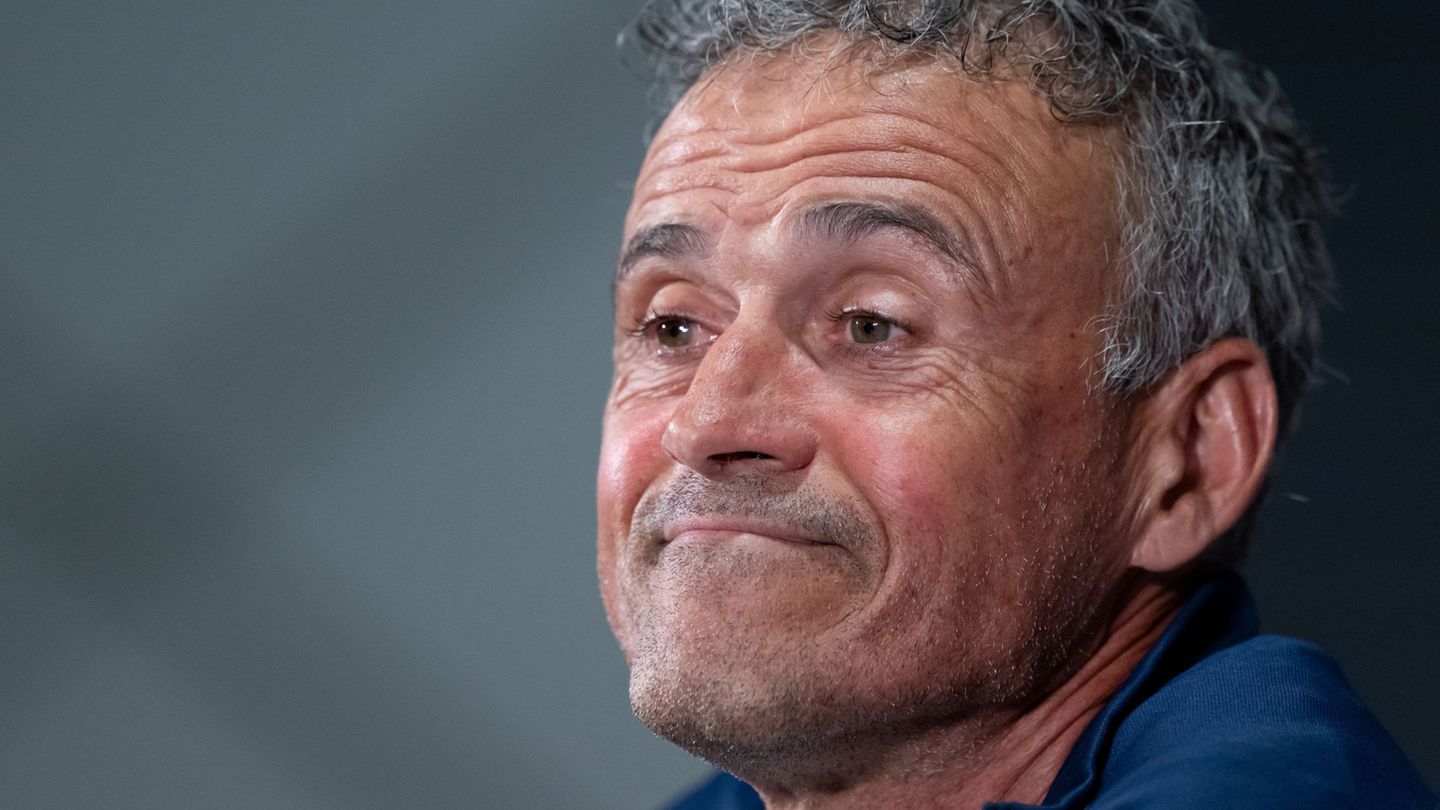After an air strike in the Gaza Strip, the death of Hamas leader Deif was not certain. Now Israel has confirmed that Hamas’ number two is dead. What does this mean for the Gaza war?
A good two weeks after a massive air strike in the Gaza Strip, Israel has officially declared the military chief of the Islamist terrorist organization Hamas, Mohammed Deif, dead. Based on intelligence information, Deif’s death in the attack can be confirmed, the army said in a statement.
Deif is considered one of the main masterminds of the terrorist attack on Israel on October 7. He was head of the Kassam Brigades and deputy to Hamas’ Gaza chief, Jihia al-Sinwar. Hamas has not yet confirmed Deif’s death.
Deif, known as the “Phantom,” had survived numerous Israeli assassination attempts over the years. His wife and young son were killed in an airstrike on a house in the Gaza Strip towards the end of the Gaza war in 2014. Deif managed to escape.
The army’s announcement comes one day after the killing of Hamas’ foreign chief Ismail Haniya in Tehran. Iran and Hamas accuse Israel of being responsible. Israel has not commented on the accusation and has only said that anyone who attacks the country will pay a high price.
Thousands attend funeral ceremony for Haniya in Tehran
In the Iranian capital Tehran, thousands of people took part in a state-organized mourning ceremony for Haniya. The entire Iranian political elite was also present, including Supreme Leader Ayatollah Khamenei and the new President Massoud Peseschkian.
News of Haniya’s killing came just hours after an Israeli airstrike on a suburb of the Lebanese capital Beirut killed Fuad Shukr, a senior Hezbollah commander, according to the Israeli army. Israel’s attack was a response to the deaths of 12 children and teenagers in a Druze village in the Golan Heights, which it blamed on Shukr. Hezbollah, however, said it had nothing to do with the attack.
Israel on high alert after threats
In anticipation of possible retaliatory strikes by Iran and its allies, the Israeli army has been put on high alert. Israeli radio reported that the country’s air defenses were on maximum alert. Fighter jets were patrolling the country’s airspace and ground troops on the borders were increasing their combat readiness.
One of Israel’s war aims achieved
Regarding Deif’s death, the army announced that fighter jets had carried out a “precise, targeted strike on a facility where Mohammed Deif and the commander of Hamas’ Khan Yunis Brigade, Rafa Salama, were staying” on July 13. According to the Hamas-controlled health authority, 90 people were killed in the attack and another 300 were injured.
Israel had set itself the goal of capturing or killing Hamas leader Sinwar and his deputy Deif in its war in the Gaza Strip. In March, the army confirmed the killing of the third-highest Hamas leader in the Gaza Strip, Marwan Issa, in an air strike. In January, the second-highest Hamas leader abroad, Saleh al-Aruri, was killed in an explosion in Beirut. Hezbollah blamed Israel for the death of the deputy head of Hamas’ political bureau.
“This is an important milestone in the process of destroying Hamas as the military and ruling authority in the Gaza Strip and in achieving the goals of this war,” wrote Defense Minister Joav Galant on the online platform X about Deif’s death. Israel will pursue Hamas terrorists, he reiterated. “We will not rest until this mission is fulfilled.”
Deif and Sinwar are considered to be the main masterminds of the massacre in Israel on October 7 last year. Around 1,200 Israelis were killed and around 250 people were deported to Gaza. The terrorist attack triggered the war. In view of the high number of civilian casualties and the catastrophic humanitarian situation in the Gaza Strip, Israel is increasingly being criticized internationally.
According to Israeli political science professor Jonathan Rynhold, Israel has almost achieved the military goals of the intensive phase of the war. “Hamas is practically broken as a conventional military force and cannot receive new arms deliveries,” he said. The killing of the leadership members serves as a deterrent.
The strategy of the Hamas leadership was “to accept heavy civilian casualties as a means of generating international pressure on Israel, stopping the war and at the same time damaging Israel’s reputation and legitimacy,” said Rynhold. He expects the war to continue for the time being, “but at a much lower intensity.” The most important goal, the release of the Israeli hostages, has not yet been achieved.
Hostages held captive for 300 days
Israeli President Yitzhak Herzog called on world leaders to “work for the release of the hostages who have been held captive for 300 days.” Herzog said: “Every second of every minute of every hour of these 300 days is a crime against humanity.”
After Haniya’s death, observers see little chance of a breakthrough in the indirect negotiations on the release of the hostages. These have already stalled after Israeli Prime Minister Benjamin Netanyahu reportedly hardened his position. According to Israeli figures, Hamas still has 115 hostages in its power, but many of them are probably no longer alive.
Source: Stern
I have been working in the news industry for over 6 years, first as a reporter and now as an editor. I have covered politics extensively, and my work has appeared in major newspapers and online news outlets around the world. In addition to my writing, I also contribute regularly to 24 Hours World.




